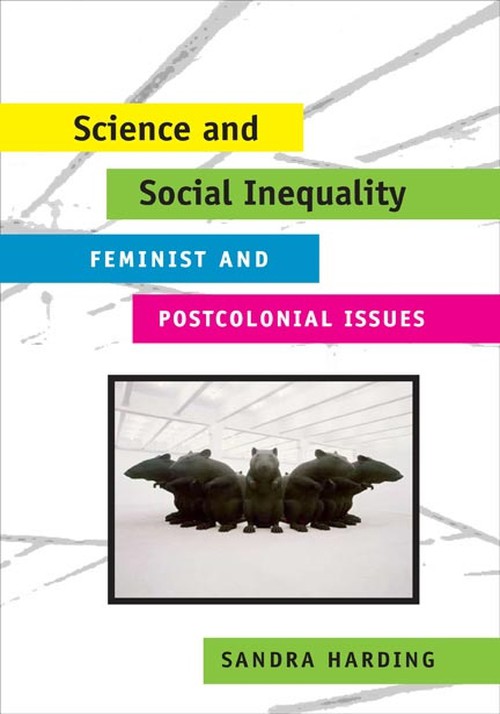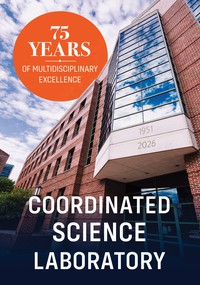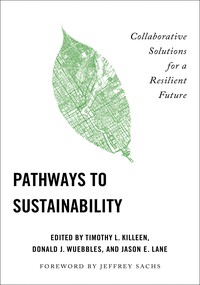
Science and Social Inequality
Cloth: 04/17/2006
About the Book
In Science and Social Inequality, Sandra Harding makes the provocative argument that the philosophy and practices of today's Western science, contrary to its Enlightenment mission, work to insure that more science will only worsen existing gaps between the best and worst off around the world. She defends this claim by exposing the ways that hierarchical social formations in modern Western sciences encode antidemocratic principles and practices, particularly in terms of their services to militarism, the impoverishment and alienation of labor, Western expansion, and environmental destruction. The essays in this collection--drawing on feminist, multicultural, and postcolonial studies--propose ways to reconceptualize the sciences in the global social order.At issue here are not only social justice and environmental issues but also the accuracy and comprehensiveness of our understandings of natural and social worlds. The inadvertent complicity of the sciences with antidemocratic projects obscures natural and social realities and thus blocks the growth of scientific knowledge. Scientists, policy makers, social justice movements and the consumers of scientific products (that is, the rest of us) can work together and separately to improve this situation.
About the Author
Sandra Harding is a professor of philosophy and women's studies in the Graduate School of Education and Information Studies at University of California, Los Angeles, and the author or editor of eleven books including The Science Question in Feminism, Whose Science? Whose Knowledge?, and Is Science Multicultural?Reviews
"Harding has for decades set the terms of liberatory science studies that have moved the dialogues forward in substantial ways, and she continues to do so in her latest book."--Signs"[Harding] continues to be one of very few philosophers who has worked consistently and courageously to make science live up to both its epistemic and its emancipatory potential."--Philosophy in Review
"Science and Social Inequality, a collection of foundational and innovative work from a leading thinker in feminist science studies, is valuable in many ways: as a reference work, as an historical overview of crucial debates in feminist science studies, and as a powerful contribution to current efforts to push those debates forward into new and vital territories."--NWSA Journal
Blurbs
"This is a book we all need. We are now at a watershed where critical, scholarly thinking about science is concerned. Conventional views about the nature and authority of science have been challenged from a number of directions in the last thirty years. . . . The time has come to compare the insights offered by these diverse lines of analysis and take stock of the lessons they offer, not just for purposes of appraising scholarly and popular views of science, but in order to chart a way forward--both for the sciences themselves and for the conjoint disciplines of science studies."--Alison Wylie, author of Thinking from Things: Essays in the Philosophy of Archaeology
"Reading Science and Social Inequality deepens the clarity and constancy of Harding's particular feminist vision. That this book has the courage to raise macro issues rather than follow the crowd says she is still raising the stakes."--Hilary Rose, author of Love, Power and Knowledge








